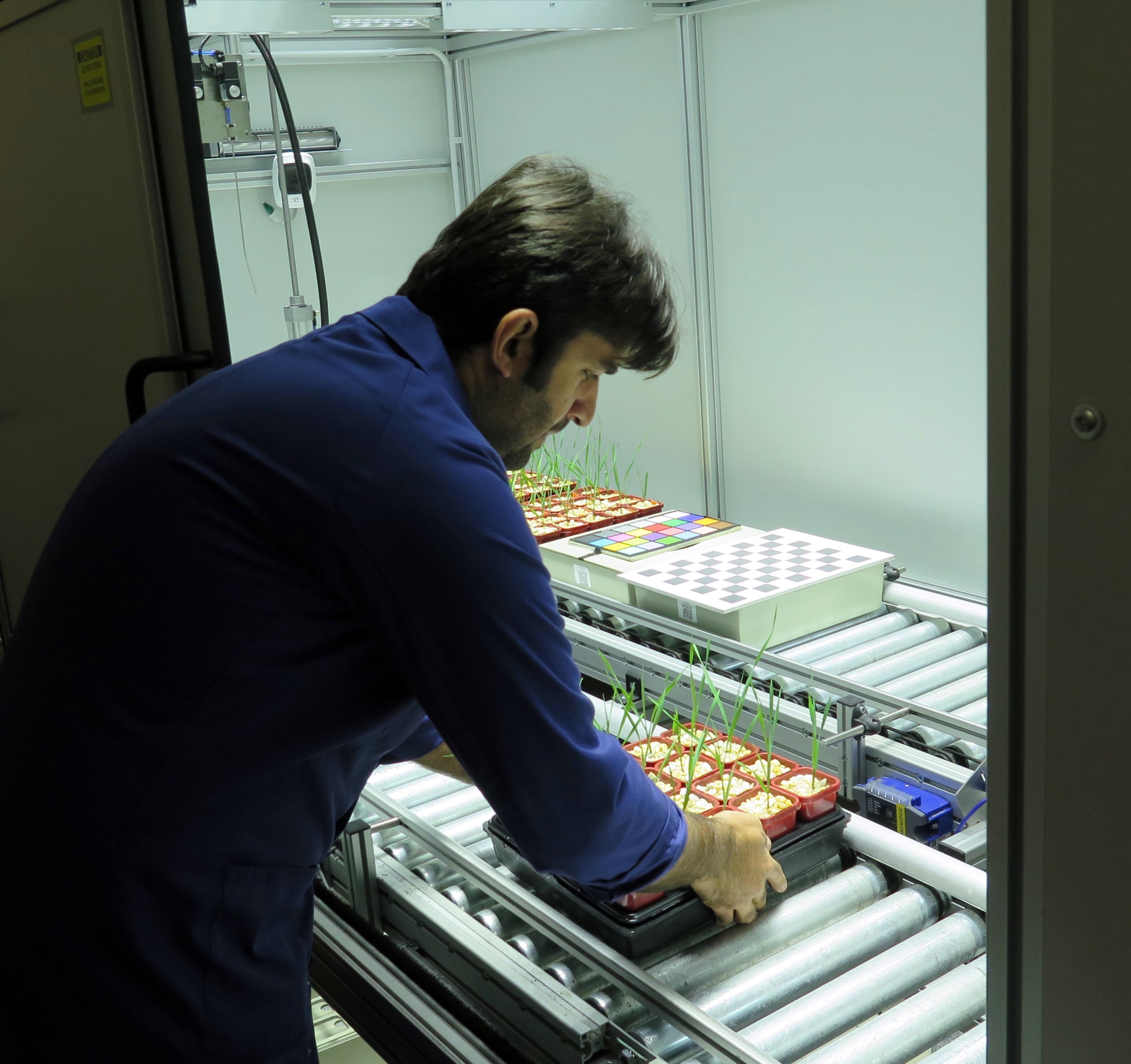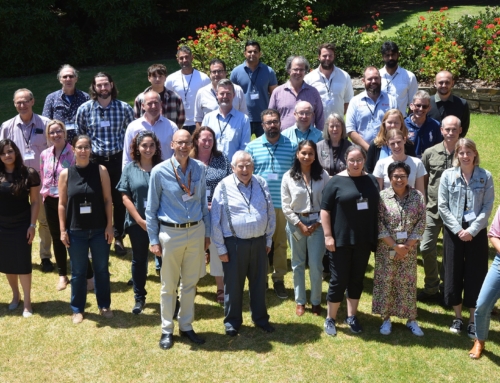Zeeshan Khan, a visiting PhD student from Quaid-i-Azam University in Islamabad, Pakistan, is currently working with the salt tolerance research group led by Dr Richard James in CSIRO’s Agriculture Flagship. Over the next six months, Zeeshan will be working at the High Resolution Plant Phenomics Centre (HRPPC), the Canberra node of the Australian Plant Phenomics Facility.

Zeeshan says “The team is professional and friendly, they are always interested in my work. My time in Australia is already proving very beneficial”.
”Screening protocols developed at CSIRO, together with the use of the latest high throughput non-destructive imaging platforms such as TRAYSCAN at the HRPPC, provide a unique opportunity to screen this collection of wheat using technology not available in Pakistan”, says Richard James.





